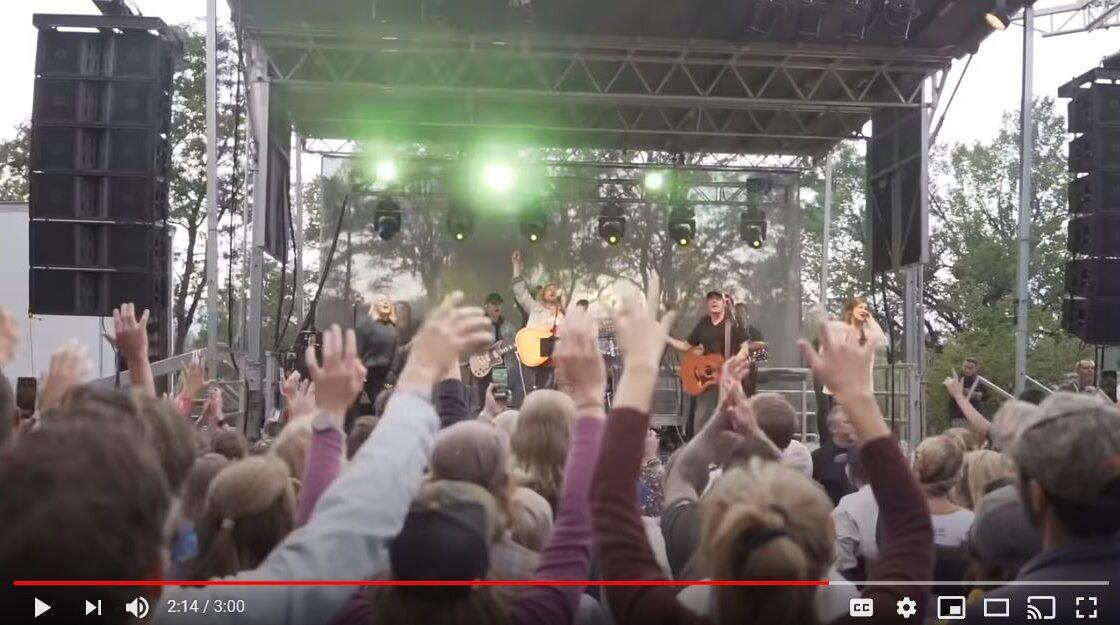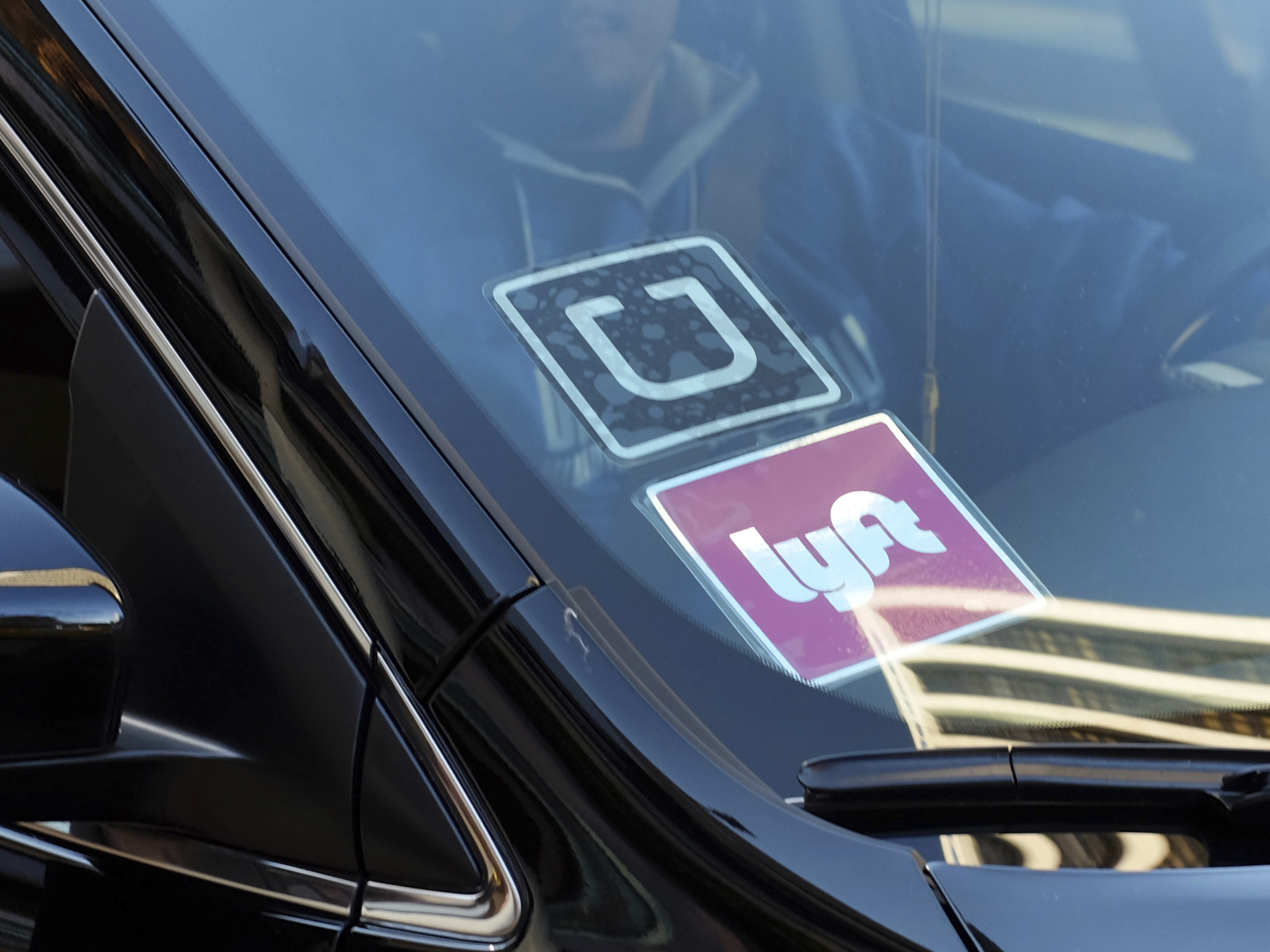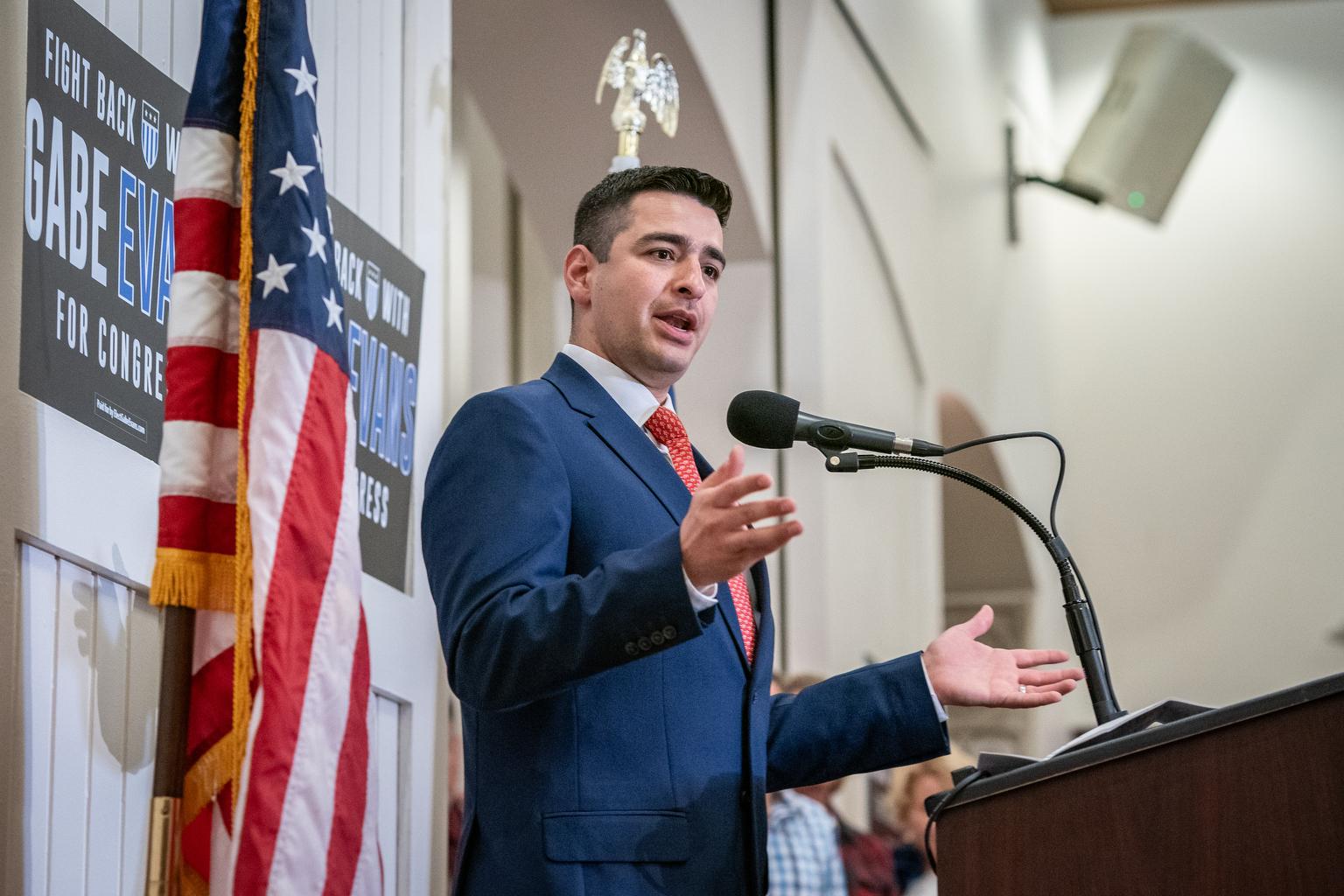
California faith leader Sean Feucht made a stop Friday night in Fort Collins to hold a worship concert at City Park, where hundreds of people turned out. The Christian missionary sported an orange Denver Broncos No. 7 jersey underneath a jean jacket.
"Colorado isn't playing games," Feucht said to the camera that live-streamed the concert. "Colorado is showing up to worship tonight."
Many in the large crowd sang along with Feucht on stage and appeared to not wear face masks, contrary to public health officials' advice during the coronavirus pandemic. Attendees stood side-by-side, swaying to the music.
Local public health officials are concerned Friday's event, and the one Saturday in Colorado Springs, could become hotbeds for coronavirus spread. The same organizers of previous gatherings in other states failed to follow public health guidance, too. A lot is at stake in Colorado, where counties are trying to expand reopenings of businesses and schools.
"These big gatherings are a risk for our community not necessarily because of the event itself, but because of the aftermath of the event itself, we tend to see cases rise," said Katie O'Donnell, a spokeswoman for the Larimer County Department of Health and Environment, on Saturday morning after the event.
"He comes in, rallies the crowd and leaves," she said. "So we kind of have somebody come in from outside of the community who doesn't really understand what we're working towards."
O'Donnell said the concert could jeopardize the county's ability to move into the "Protect Our Neighbors" phase of the state's COVID-19 roadmap to reopening.
"Our case count is too high," she said, adding that right now, on average for every 100,000 residents, there are about 75 positive cases in a 14-day period. "We have to be down to 50 before they'll even consider it, and ideally, we need to be at 25, and we're nowhere near that."
The potential rise in cases after the concert could also prevent kids from returning to school for in-person learning, she said. School districts were expected to reassess in-person learning in the next two weeks, O'Donnell added.
In July, Larimer County almost lost its variance from the state to reopen some of its economy because the county's case count was too high. O'Donnell said the community worked hard to get the spread under control at that time, but events like Feucht's concert hinder those efforts.
Feucht, who did not respond to CPR's request for comment or an interview, is performing a second concert in Colorado Springs on Saturday morning at Memorial Park, where hundreds of people appeared to gather, like in Fort Collins and elsewhere.
The missionary and musician is a controversial figure who unsuccessfully ran for Congress earlier this year. His two stops in Colorado are part of a tour through the country to defy or protest coronavirus-related regulations that have put restrictions on houses of worship. He held a “Worship Protest” in Seattle earlier this month. Attendees at that event didn't wear masks or practice social distancing, according to Christianity Today.
Organizers of the events in Fort Collins and Colorado Springs originally tried to get permits to hold the concerts and worship services. Those were denied, and organizers now refer to the events as protests. That description lets Feucht legally have more people attend the gatherings than would otherwise be allowed under public health orders.
Colorado doesn’t prohibit worship services, though the state says online or remote worship is best to slow the spread of the virus. In-person rules say houses of worship must keep capacity at 50 percent or 50 people maximum per room indoors. The state says choirs should not be used at this time because of the risk singing poses. Outdoor events are capped at 175 people. People are required to wear face coverings and practice social distancing at indoor and outdoor events.
A spokesman with the governor's office said in a statement that people are encouraged to avoid large gatherings and to wear a mask to protect themselves against a deadly virus.
"Masks are not political," the statement said. "They are protection. You have two options really — either you are on the side of humans or you are on the side of the virus."
The Friday event in Fort Collins was unpermitted, according to Amanda King, a spokeswoman for the city. Concert organizers requested a permit but the Larimer County Health Department denied it because of the state's COVID-19 restrictions. Instead, with it billed as a protest, King said it’s protected under First Amendment rights.
In Colorado Springs, this type of event doesn’t require a special event permit from the city for the same reason, said DeAnn Ryberg, deputy director of El Paso County Public Health. It's technically categorized as a “peaceful protest.”
But like in Fort Collins, organizers originally applied for a permit for a worship gathering, which would have capped capacity in El Paso County at 250 people. Ryberg said as plans developed, the gathering was redefined as an outdoor event, which would have capped it to 175 people.
“El Paso County Public Health officials contacted event organizers prior to the gathering and emphasized that the current public health events guidance restricts outdoor gatherings for this type of event to no more than 175 people,” Ryberg said in a statement. “Organizers were provided with a copy of the public health orders, in hopes they will abide by those rules and help prevent the potential health consequences of promoting the spread of COVID-19 in our community.”
At the Seattle event earlier this month, Christianity Today reported that Feucht called his performance a “Worship Protest."
“Turn to each other and say, ‘Welcome to the protest.’ In this city, that makes it a legal gathering,” Feucht said.
Ryberg, with the El Paso County Health Department, said she hopes people planning to attend the concert practice social distancing and wear facial coverings to limit their exposure.
Seven hundred and fifty people are expected to attend the event in Colorado Springs. Organizers have a Noise Hardship Permit from Colorado Springs police, who would be in charge of enforcing restrictions.









